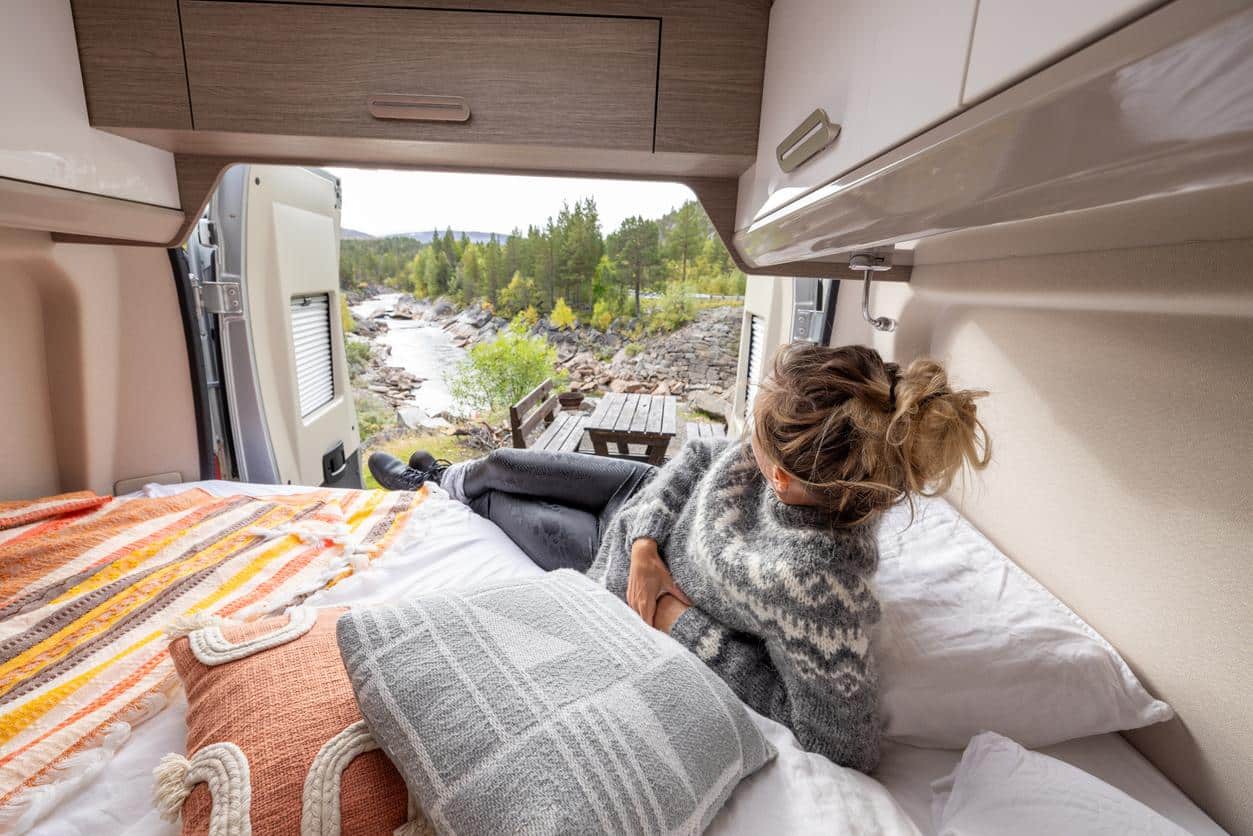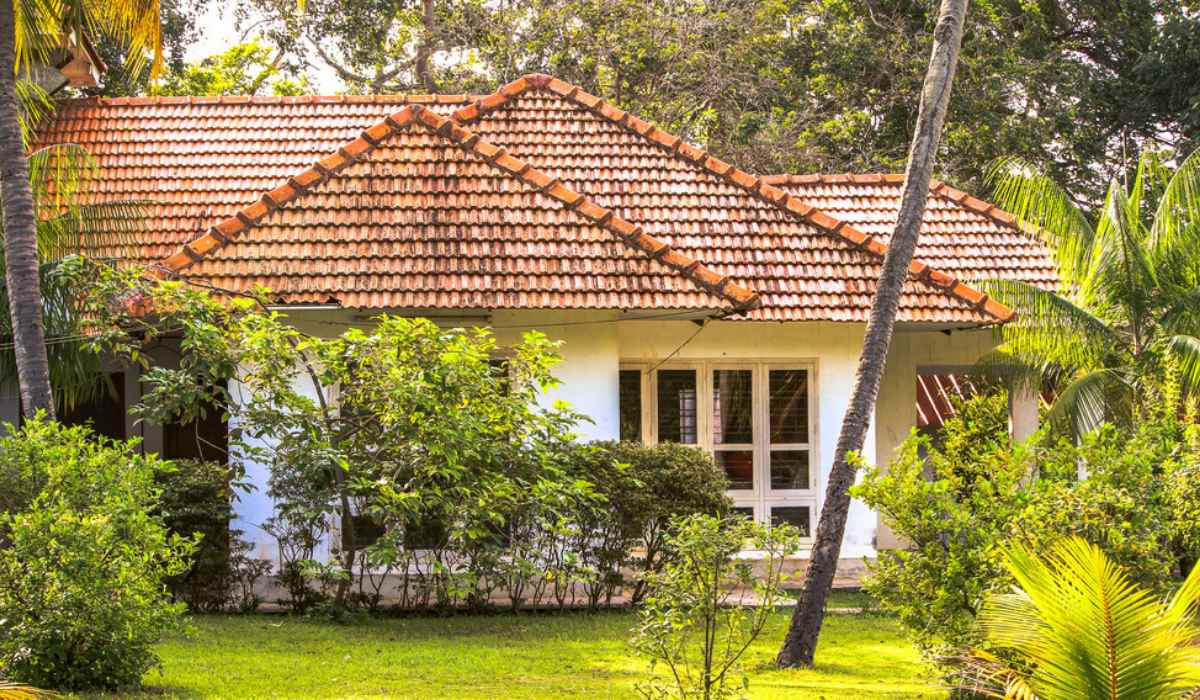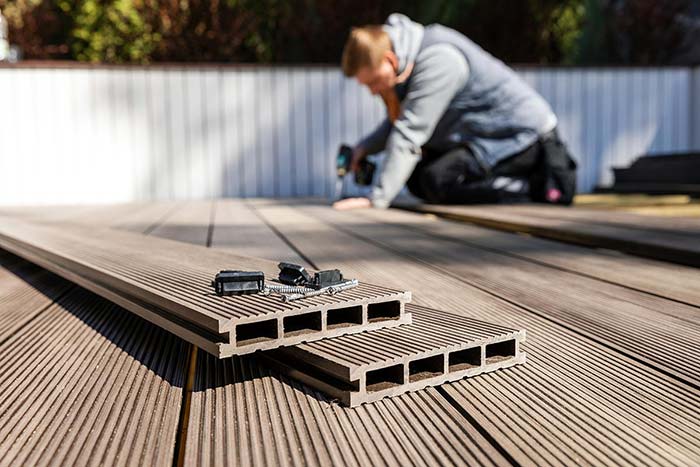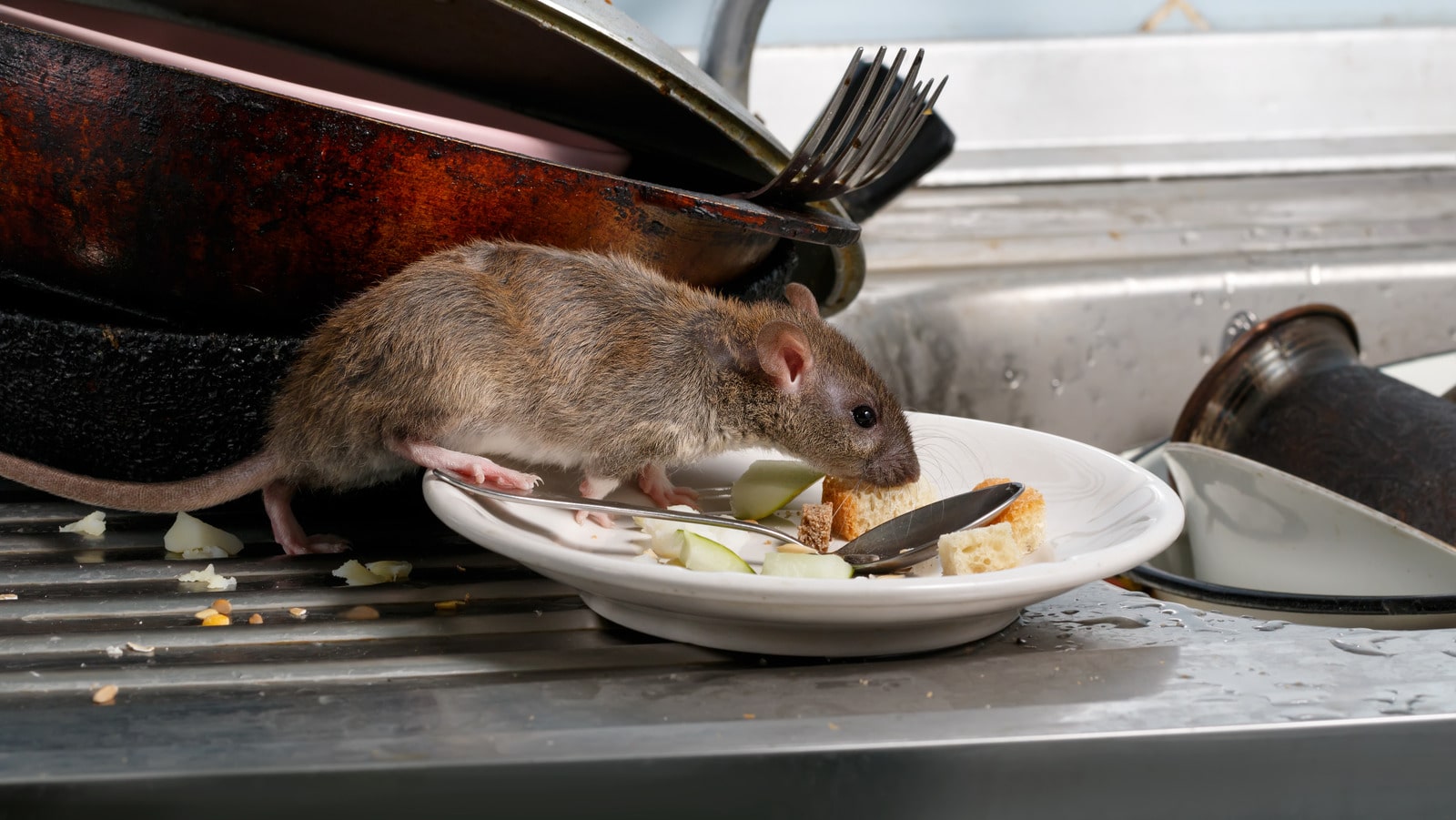Home Is Where the Sustainability Is: Tips for Eco-Friendly Off-Grid Living
Off-grid living has become increasingly attractive in the last few years, in particular to people looking to become more self-sufficient and reduce their carbon footprint. From embracing van life to moving into a cabin in the woods, individuals and families have found creative ways to make the most of seemingly unconventional living spaces.
While a lot of effort goes into ensuring the comfort of an off-grid home, most of those who embrace this lifestyle are mainly concerned with their environmental impact. If you, too, are looking to do your part for the planet starting in your off-grid home, keep reading for some handy tips!
Consider Your Location
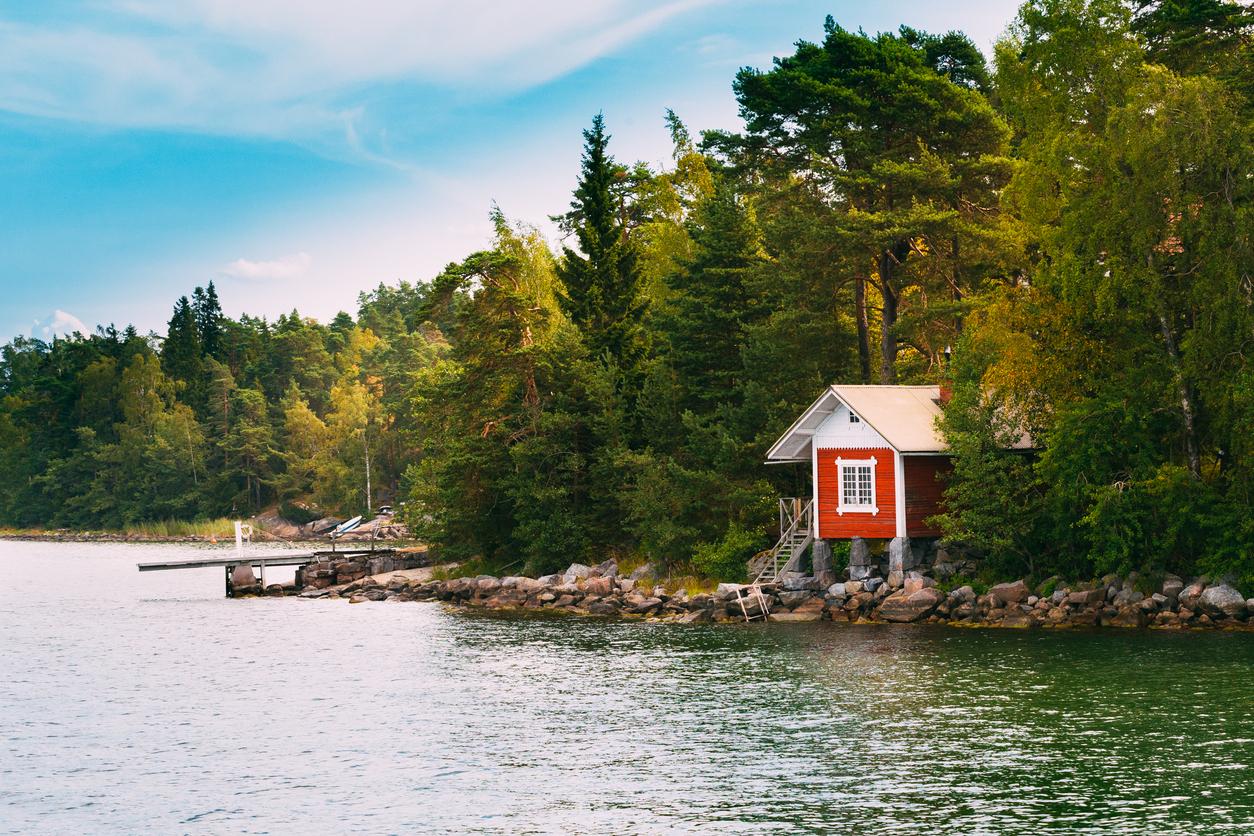
It comes as no surprise that the key to sustainable living is being mindful of your surroundings. That said, when living off the grid, you can also embrace the world around you and its renewable resources to power your home.
To successfully harness the power of nature, you’ll have to give some careful consideration to the location you live in and all it has to offer. Some aspects to bear in mind include climate and sunlight hours, nearby water sources, and the soil quality around your home.
By looking out for these elements, you are setting yourself up to efficiently and sustainably power your home (with solar energy), attend to your water supply, and potentially grow your own food or raise livestock near your house.
Embrace Renewable Energy
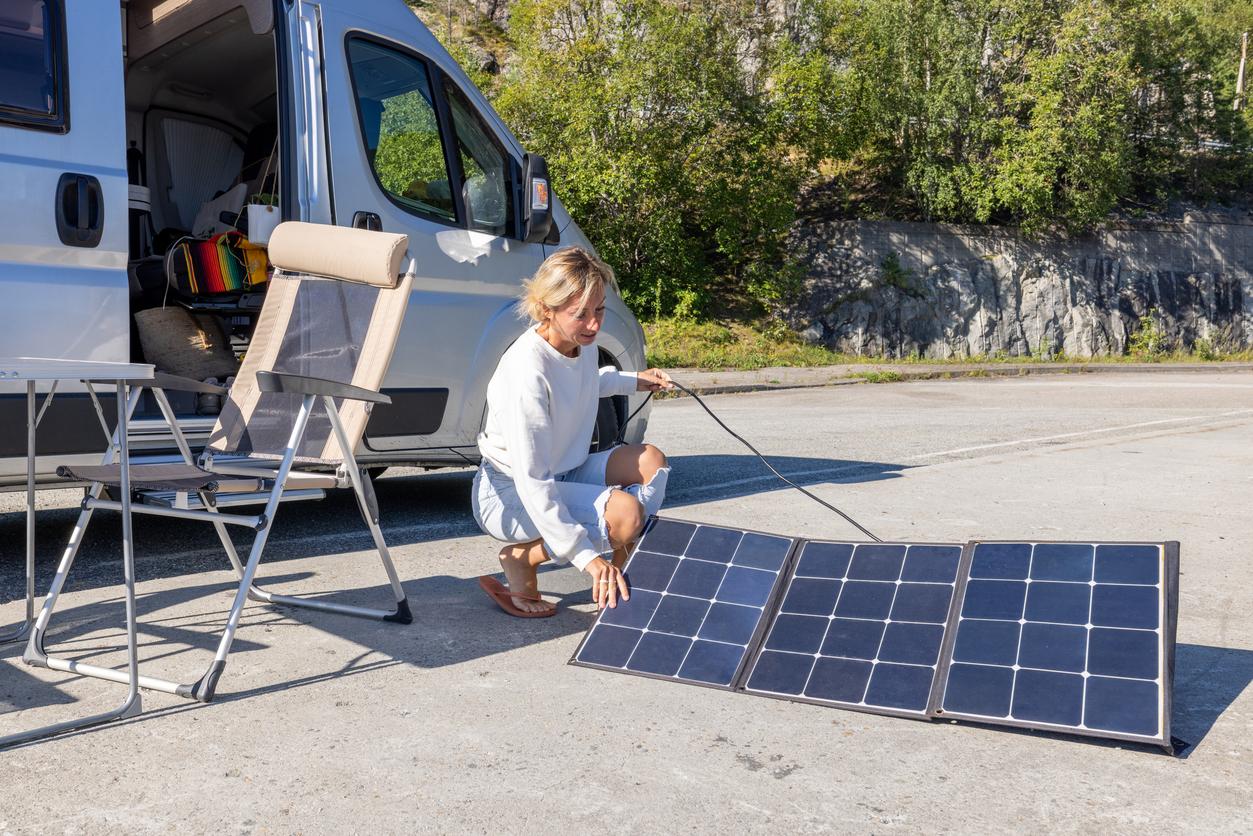
Once you’ve assessed the suitability of your off-grid location, you’re ready for the next step in sustainable living: powering your home with renewable energy.
You have several options in terms of resources. For your electricity supply, you can choose to install solar panels or carry around a portable system. If your location is consistently windy, you might want to consider installing a small wind turbine. Air or ground source heat pumps could also be great solutions for warming up your home if you have enough space to accommodate them at your location.
Of course, some of these options are only really viable if you live in a set location. Those living in a van or on a boat and regularly changing their location will require a bit more creative planning when it comes to embracing sustainable energy production.
At the same time, it’s important to keep in mind that many of these options don’t come cheap. You’ll need to check how expensive a wind turbine is or how much solar panels cost to determine whether these sustainable energy sources are financially feasible for your off-grid living situation.
Be Mindful of Where Your Water Comes From
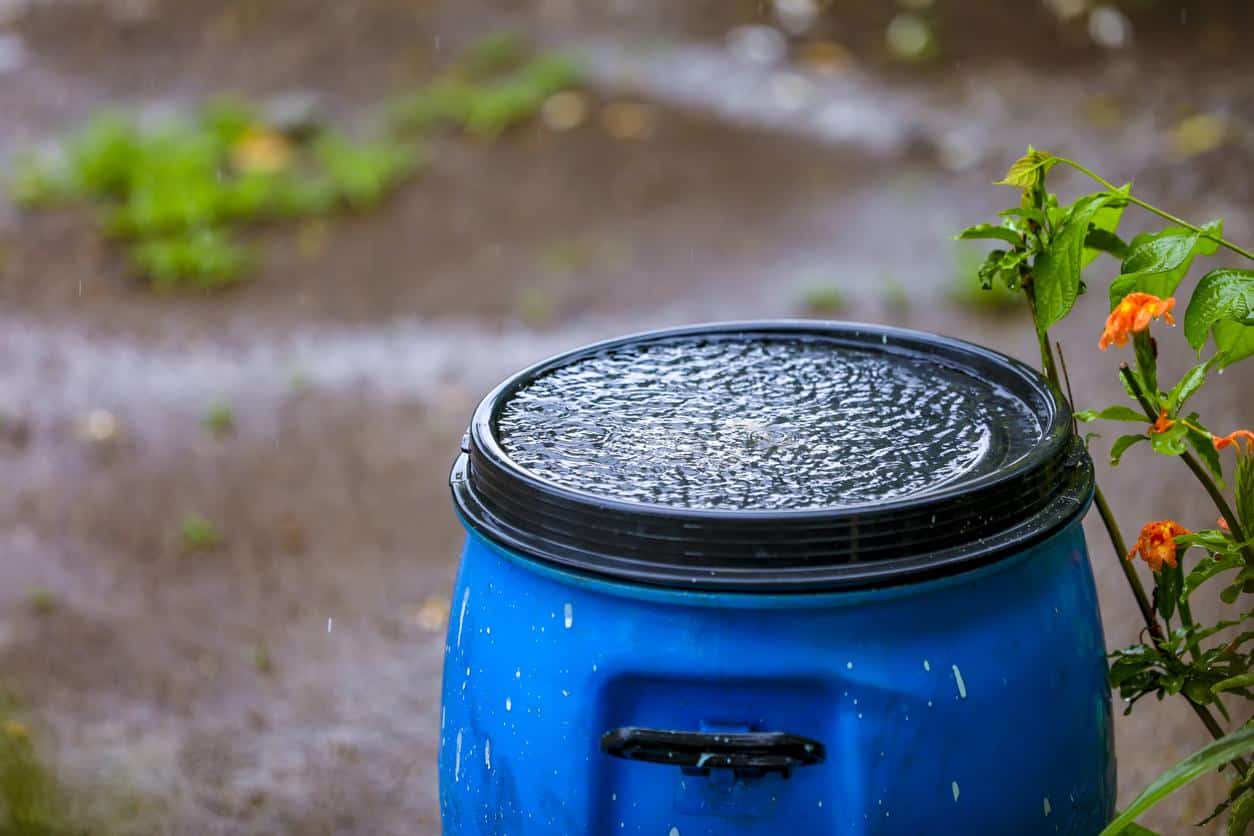
To fully embrace eco-friendly off-grid living, you’ll want to develop a sustainable water management system. This way, you ensure that you’re not damaging any nearby natural resources and that you’re not wasting your water supply.
Some practices that may be possible for you include rainwater harvesting and water conservation. For instance, you can collect rainwater into storage tanks and potentially filter it for drinking or other uses. To ensure that you’re not wasting precious water, you can install low-flow faucets, showers, and toilets that minimize water usage.
Grow Your Own Food

If your living situation allows it, a great sustainable practice is growing your own food. This will make you less dependent on commercially-produced ingredients, help you connect with the natural world around you, and reduce your carbon footprint.
Of course, this option is only really feasible if you have enough space for a garden and the means to tend to it. However, even those who move from location to location with their off-grid homes can be mindful of the kind of food they consume.
Shopping locally, prioritizing sustainably-sourced ingredients, and minimizing food waste are all feasible ways in which people who move from place to place can make their off-grid lifestyle as eco-friendly as possible.
Manage Your Waste Sustainably
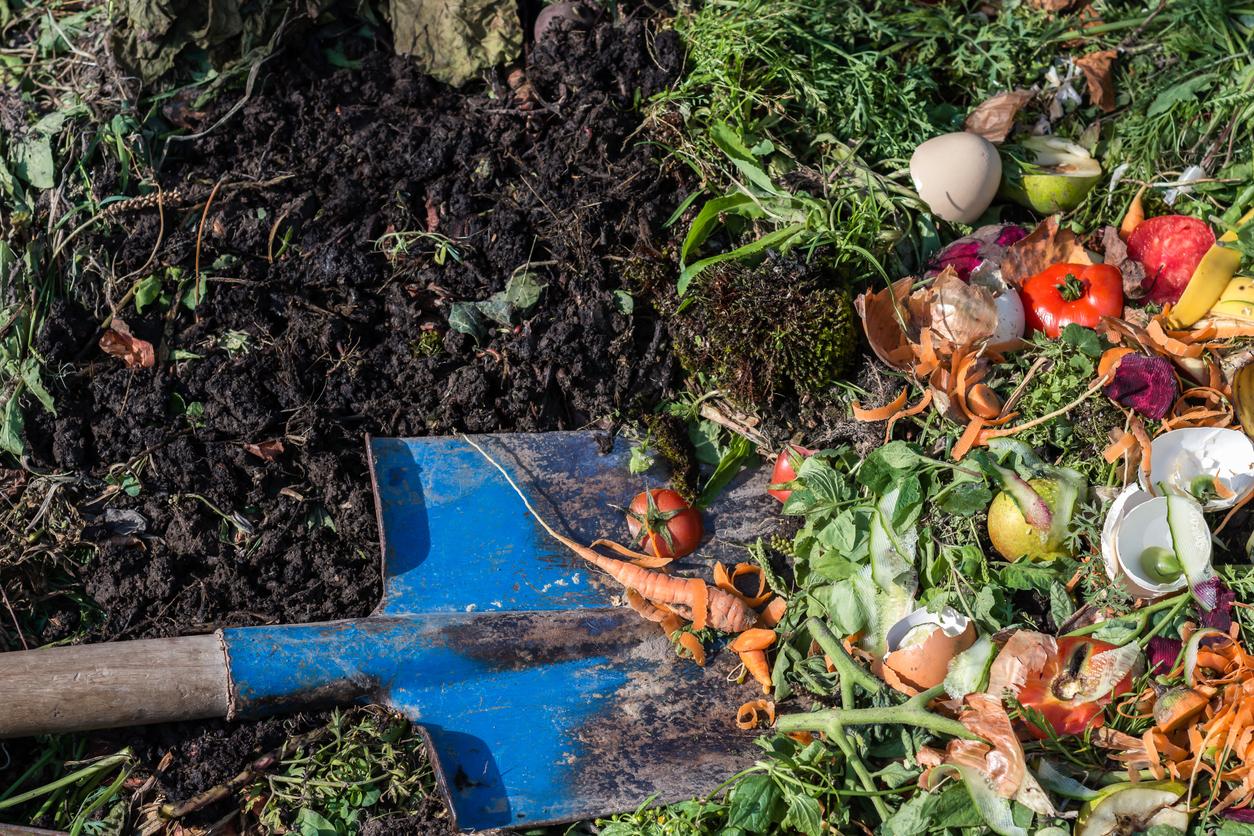
An eco-friendly off-grid lifestyle wouldn’t be complete without a responsible waste management system. One of the most effective ways to reduce your waste is to minimize your consumption or prioritize products that can easily be recycled or composted.
If you have the space, creating a composting station is the surest way to sustainably manage your food waste. As a bonus, you can use this nutrient-rich compost for your garden once processed.
Also be sure to do your research about your location’s recycling possibilities. Find the nearby facilities where you can take the waste that you can’t manage yourself and be sure to stay consistent with how you sustainably dispose of your waste.
Conclusion
Living off the grid is an ongoing adventure. Fortunately, nowadays, you can blend your experiences and the comfort of your home with sustainability. Hopefully, these tips have inspired you to make your off-grid lifestyle even more eco-friendly, doing your part for the planet directly from home.

